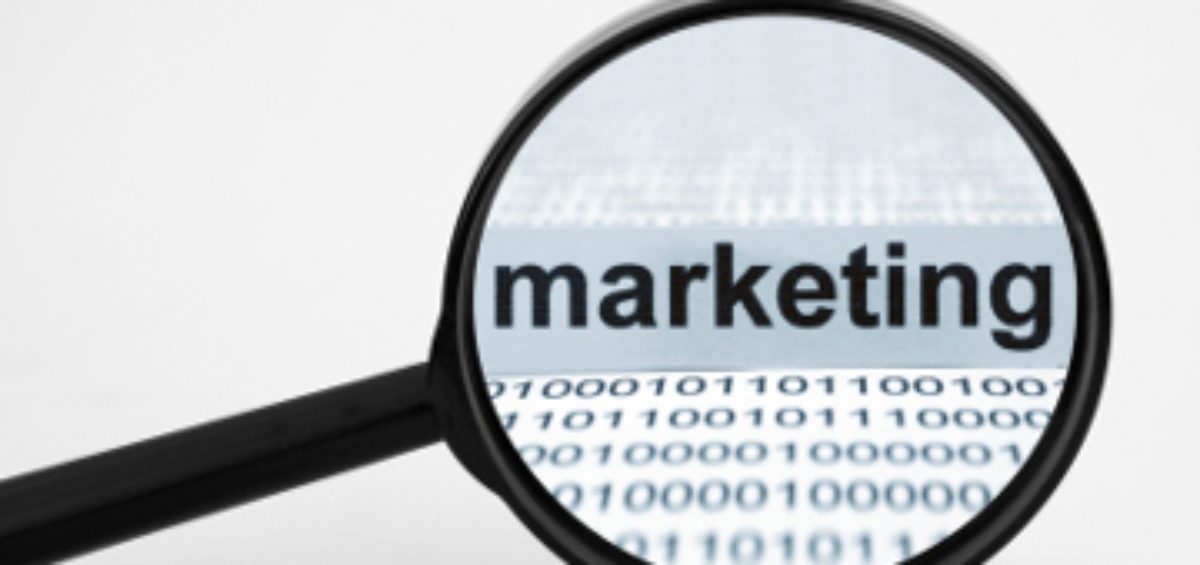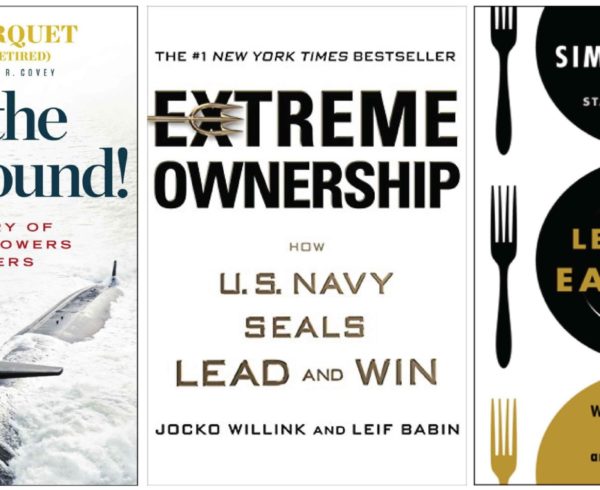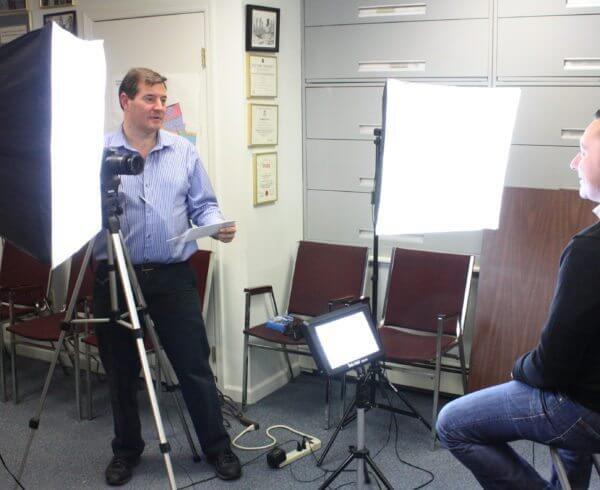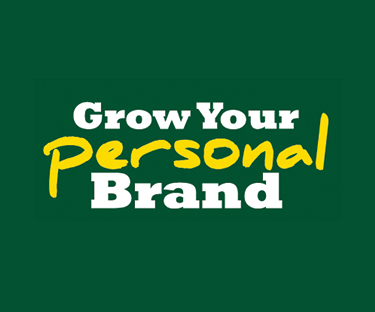 Do you know how to market? Do you know what marketing actually is? Do you have a plan for marketing yourself or your business or do you simply take periodic actions or coast along? It is not surprising for people to learn that many individuals admit that they are not following a plan in terms of their marketing. Most people have limited or no knowledge of marketing basics and fall short in terms of experience. It is clear however, and I have been told this many times, that people know marketing is important but the dont have the time to learn or they are not sure where to go to start learning.
Do you know how to market? Do you know what marketing actually is? Do you have a plan for marketing yourself or your business or do you simply take periodic actions or coast along? It is not surprising for people to learn that many individuals admit that they are not following a plan in terms of their marketing. Most people have limited or no knowledge of marketing basics and fall short in terms of experience. It is clear however, and I have been told this many times, that people know marketing is important but the dont have the time to learn or they are not sure where to go to start learning.
No matter where you stand today in terms of your personal marketing, understanding marketing and learning how to use it is critical for your success tomorow.
The questions I listed above are all important. The fact is that if you are involved in business development in any way or you are seeking career success you need to have a marketing plan. You need knowledge, tactics and strategies to succeed so it is time to start studying and learning about what’s out there and what you should be doing.
I was recently asked by a member of the media writing a story on networking where people should go to learn about personal marketing and where they should start. The first step in this process is relevant to this blog series – focus on learning and understanding marketing. Make the commitment today to continually learn about marketing, marketing trends and marketing technology. It is vital you stay up-to-date on the latest trends and strategies. I would like to provide you with a complete outline and strategies, however let’s stick with the basics.
What do you need to know?
Newbies to marketing or those who need a refresher need to start with the basics. Read and learn about the core elements of marketing. These include:
Goals – An observable and measurable end result having one or more objectives to be achieved within a more or less fixed timeframe. In more simple terms, where do you want your marketing efforts to take you? Define your goals. Goals can be: How many leads do you want, how many closed deals do you need, or how much customer engagement do you require?
Message and Messaging – Underlying idea or theme in an ad or campaign. You message is the central or primary content or information that passes from a communicator (you) to a receiver (your audience/customers).
Position – An effort to influence consumer perception of a brand or product relative to the perception of competing brands or products. Your position’s objective is to occupy a clear, unique, and advantageous position in the consumer’s mind. What do you want customers to think of when they hear your name, your product’s name or your company’s name.
Value proposition – An analysis or statement of the combination of goods and services offered by a company to its customers in exchange for payment. What value do you offer that makes you or your product preferable to those of your competitors?
Differentiators – Unique features and/or benefits of a product, or aspects of a brand, that set it apart from competing products or brands. Being different is incredibly important; highlight what you do differently and this will attract attention.
Competitive advantages – A superiority gained by an organization when it can provide the same value as its competitors but at a lower price, or can charge higher prices by providing greater value through differentiation. A competitive advantage results from matching core competencies to the opportunities. We are all competing against each other for time and attention. What do you do that your competitors don’t or can’t?
Marketing assets – Customized content such as presentations, brochures, email campaigns, and other promotional items used to promote products or services. Your website, your social media sites, PR coverage and videos are all assets that should be used to market your brand and company.
Marketing vehicles – A marketing vehicle is a specific tool for delivering your messages to a target audience. They are particular channels within a medium that you use to get your message across. Marketing vehicles are contained within marketing mediums. Like your assets, these tools give you the ability to communicate with your audience.
Audience – People or market segment at whom a message or campaign is aimed. Your audience includes your customers, referral sources, individuals from your industry and all those who interact with your company/brand, staff, products and services.
Ideal client or customer – A subset of your potential clients. Ideal clients are those prospects who will provide you with the maximum return on your marketing investment. These are the individuals who will hire you or buy from you. Recognize the fact that every customer or client may not fit the “ideal” client category.
Ideal referral sources – A person or company that interacts with your ideal client prospects and is willing to actively recommend them to you. For example accountants are considered by many as ideal referral sources because they work closely with business and individuals. They know their clients needs and they are trusted advisors, when they make a recommendation it is often acted upon.
*definitions include information gathered from online resources including businessdictionary.com, activedemand.com, trackmaven.com, eyeswideopen.com.au, and lisacherney.com.
Where can you go to learn?
We are living in the age of online learning and the internet. You can use books, blogs, podcasts, online courses, seminars, training programs and event individual training and coaching. As a trainer and personal branding coach I find those individuals that make the investment in some one-on-one or small group training get the greatest value. This personal interaction allows the student to ask questions at and get answers at their own pace.
What should be in my marketing plan?
Your marketing plan should start with your goals and build from there. Check out this blog where I discuss your personal marketing plan. You plan should include a timeline as well as time and financial budget. How much time and effort you will spend are important especially for small business owners and solopreneurs. A timeline of activities is also critical. Map out when actions will be taken, identify themes and schedule activities that will take place during each month. This includes the preparation work that needs to be done the month or two months before a campaign is launched.
An important part of a marketing plan is assessing success. You must examine what works and what did not work. Learn from this process and move forward. Don’t give up on campaigns and strategies right away, some may take months or even longer to show results.
How much should you spend?
Typically 5 to 10 percent of annual revenues is the standard that most in marketing consider to be appropriate. However this varies depending on the industry, business and how aggressive you wish to be.
Where can I go to stay up to date?
As mentioned earlier, there are tremendous online resources that are free or not very expensive. They will give you the ability to stay up-to-date and see what competitors or others with similar businesses are doing or are planning to do. You can create google alerts on topics of interest, subscribe to magazines like Fast Company, Inc., Entrepreneur and others that provide quality content about marketing and business growth.
Learn by reading constantly and listening to podcasts. I find podcasts, while many have an underlying sales message, provide quality information and success stories. These are educational and motivational. Look to thought leaders, follow them.
Gary Vaynerchuck – #AskGaryVee podcast
Pat Flynn – Smart Passive Income podcast
Chalene Johnson – Build Your Tribe
John Lee Dumas – Entrepreneur on Fire
Tim Ferris – The Tim Ferris Experiment
All offer great content in terms of books, videos, podcasts, examples, tools, resources and more.
Finally, consider attending local or national marketing, small business or personal development conferences and events. These programs come with a cost, sometimes significant. The value of this focused time and effort can be immeasurable. The quality learning, inspiration and ideas can make a profound impact on your business. These are some events that you might want to consider:
The 16 Best Digital Marketing Conferences of 2016
14 Conferences Every Small-Business Owner Should Attend
Focus Friday is all about being more effective and successful in business and life activities. Focusing will allow you to save time and achieve goals in both your personal and in your professional life.
Have questions, need a resource? Contact me at wjcorbett@corbettpr.com.
Need to start creating a personal marketing plan? Email the code PMP2016 to me at info@growyourpersonalbrand.com and I will send you a list of questions to ask yourself to get started.
Looking for some help setting up your LinkedIn plan? Visit www.growyourpersonalbrand.com
Join our groups on LinkedIn and Facebook.
By Bill Corbett
Corbett Public Relations Long Island and the World










Leave a Comment